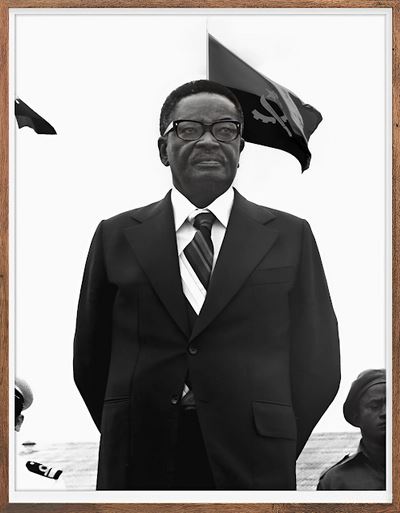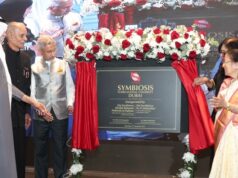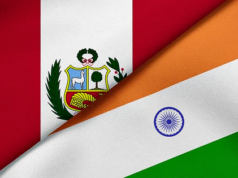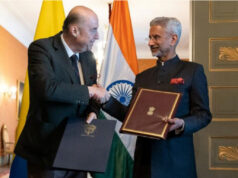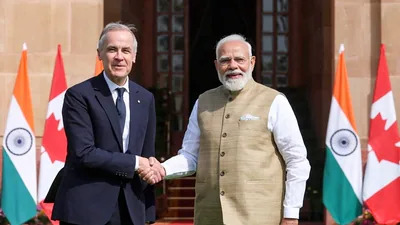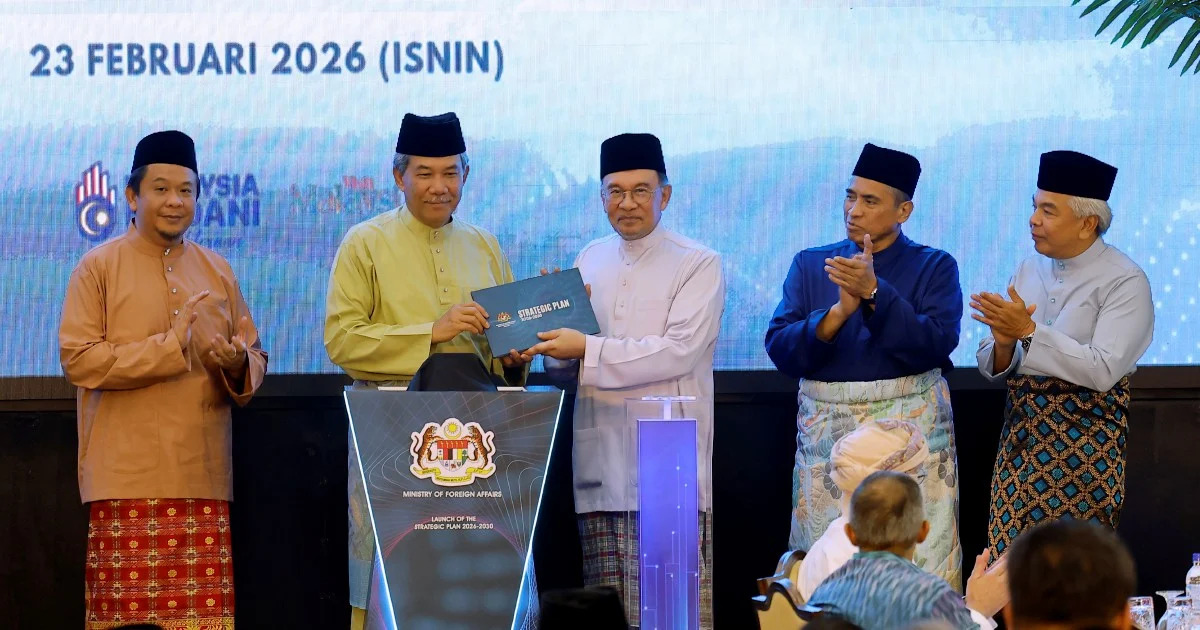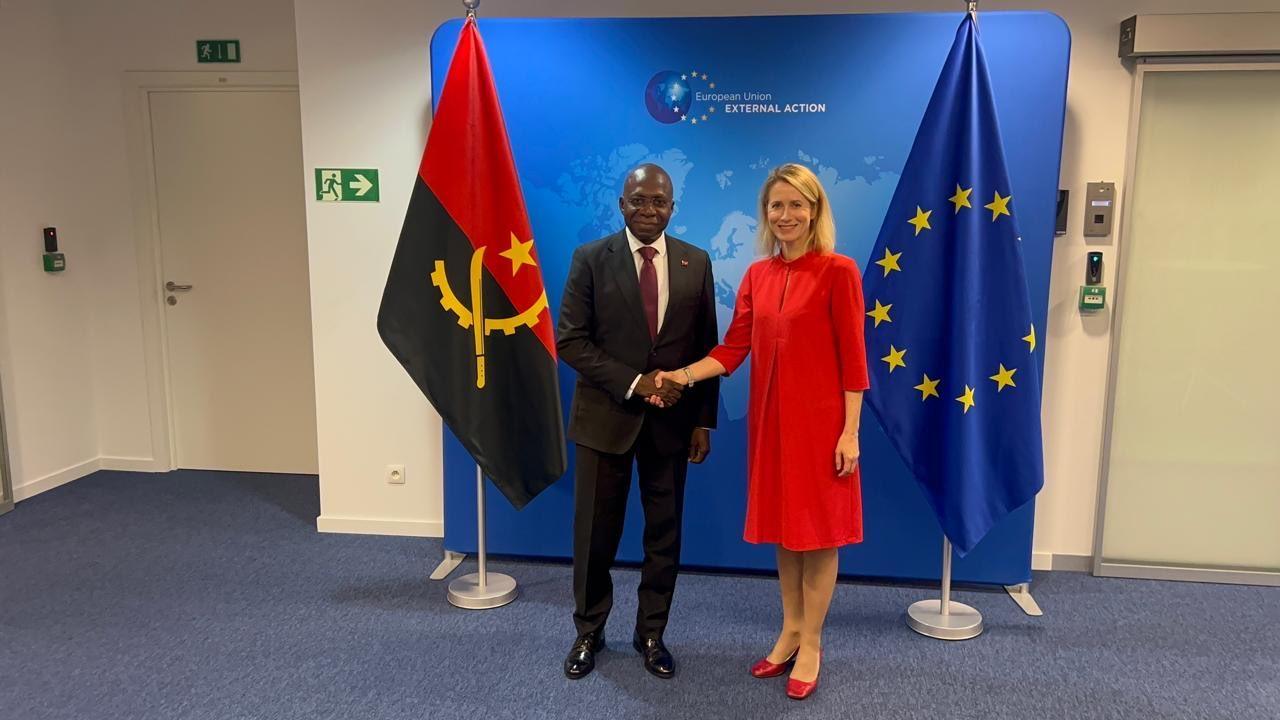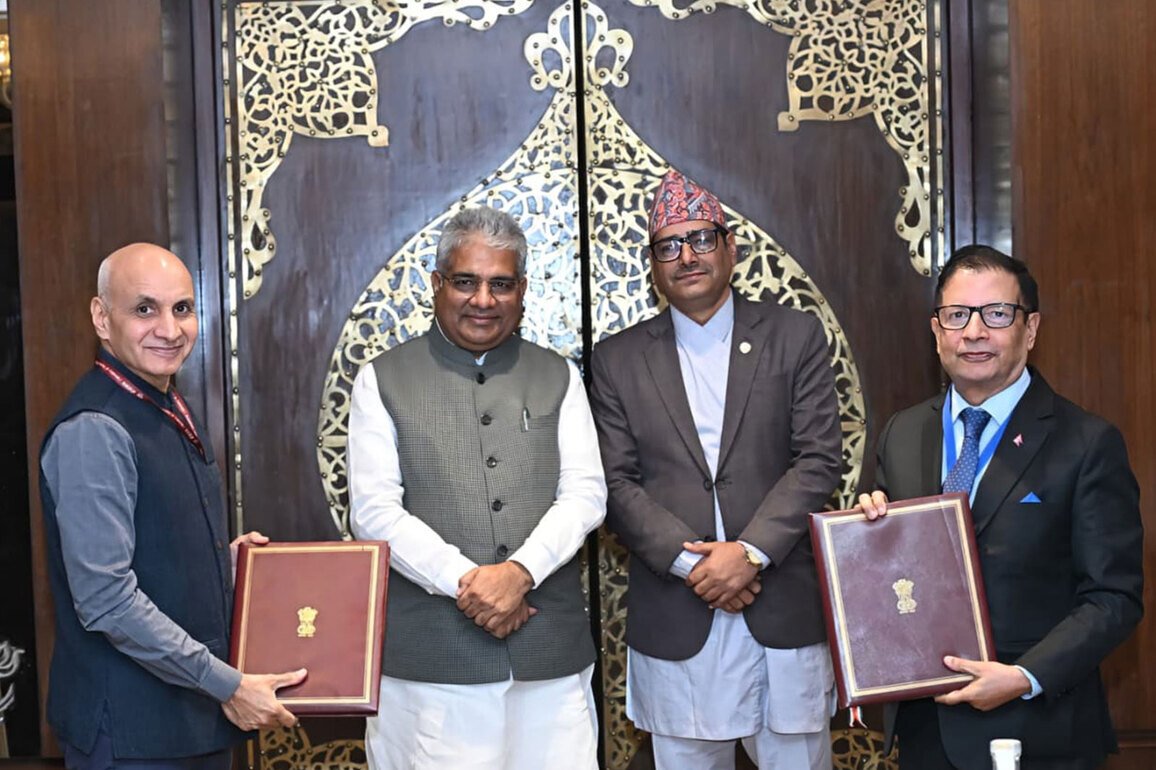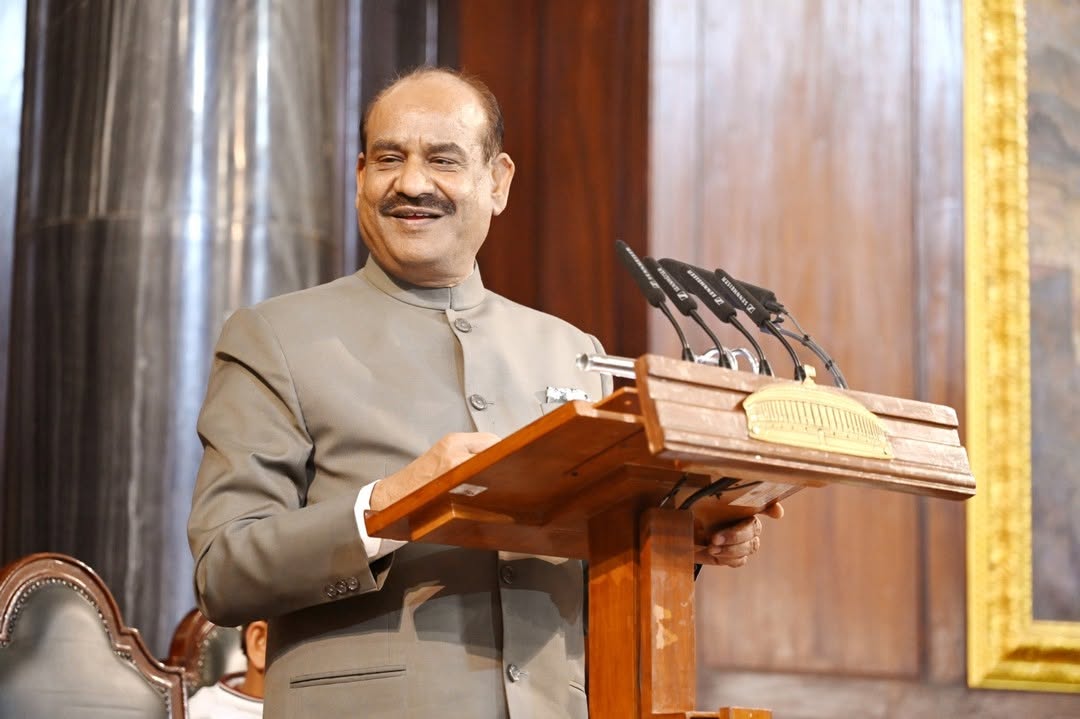Dr. António Agostinho Neto was born in 1922 in the northern Bengo province of Angola. He arrived in Portugal in 1947 to study medicine at Coimbra University on receiving scholarship award by the Methodist Church of the United States. Neto became active in several cultural organizations comprised of students from Portuguese African colonies that advocated the rediscovering of African culture and history. Together with other young nationalists from African Portuguese-speaking colonies (such as Amilcar Cabral from Guinea-Bissau-Cape Verde, Marcelino dos Santos from Mozambique, and others), Neto formed the Anti-Colonial Movement with the aim of building a movement of people in the colonies opposed to colonial rule.
Back in Angola, Neto began to work in different youth organisations and in 1952 with Angolan marine workers he founded the ‘African Marine Club’, an organisation that exposed the ferocity carried out by the fascist regime. By 1956, the movement for the overthrow of colonial rule was in full swing and the need for an over-arching organisation to take the struggle further became more self-evident. In that year, the People’s Movement for the Liberation of Angola (MPLA) was established by various Angolan patriotic organisations. The armed struggle was launched on February 4, 1961. At the end of 1962, Neto was elected as the President of the Popular Movement of the Liberation of Angola. Under the leadership of Neto, the MPLA launched an armed struggle as part of the strategy to achieve national liberation. In January 1967, during a press conference, Dr. Agostinho Neto launched the slogan “The struggle continues, victory is certain”, an expression that established itself as the political driving force of the MPLA, for the armed struggle for national liberation and used to this day.
At the dawn of 11 November 1975, Dr. António Agostinho Neto solemnly proclaimed, on behalf of the Angolan People, to Africa and the World, the National Independence. A new country was born and the hope of a whole nation was enshrined. Honoured by Angolans as the ‘Father of Modern Angola’, Dr. António Agostinho Neto served as the first president of Angola. He was awarded ‘The Order of the Companions of OR Tambo’ (Gold) in 2014 for ‘his contribution to the struggle against colonialism in Angola and for striving for the ideals of freedom, development and solidarity on the African continent’.
The Independence Day of Angola celebrated on November 11 marks the nations struggle for self-determination and sovereignty. The day underscoring Angola’s commitment to democracy, unity, and development was achieved through valour and sacrifice of the people.
Dr. Agostinho Neto has always been guided by a philosophy of diplomatic dialogue, for the resolution of conflicts between States. In the context of non-alignment, he embraced the Pan-Africanist vision, which led him to “face the challenges of other peoples as our own”. He is one of the personalities of the then Pan-African Movement (MPA), of which his dedication to the cause of the total liberation of African peoples is highlighted, a process that makes him the most notable Angolan politician in Africa and an influential personality. Neto is the greatest symbol of the Angola nation owing to his sincere dedication to the cause of the struggle for Angola’s independence. As a mark of honour and respect, 17th of September, the date of birth of Neto, is observed as National Heroes Day in Angola. This public holiday marks Neto’s significant role in shaping the national identity of Angola.
Besides being the President of Angola, Neto had a distinguished career as a physician, philosopher, accomplished poet, and a liberation fighter. His anti-colonial zeal, incisive yet inspirational writing, clear vision and love for freedom left an indelible mark on the liberation history of the African continent. He belongs to the restrict pantheon of Africa’s original liberation heroes, leaders who fought for and dedicated their lives to self-determination and freedom of their people. Neto pursued a policy of non-alignment during his presidency, seeking support from both the Western and Eastern bloc countries. Neto emphasized national unity and worked to bridge ethnic and regional divisions within Angola. He implemented various social and economic reforms, including land redistribution, nationalisation of key industries, and the expansion of education and healthcare. The life and work of Neto exemplify the struggles and aspirations of a nation striving for liberation and sovereignty.

